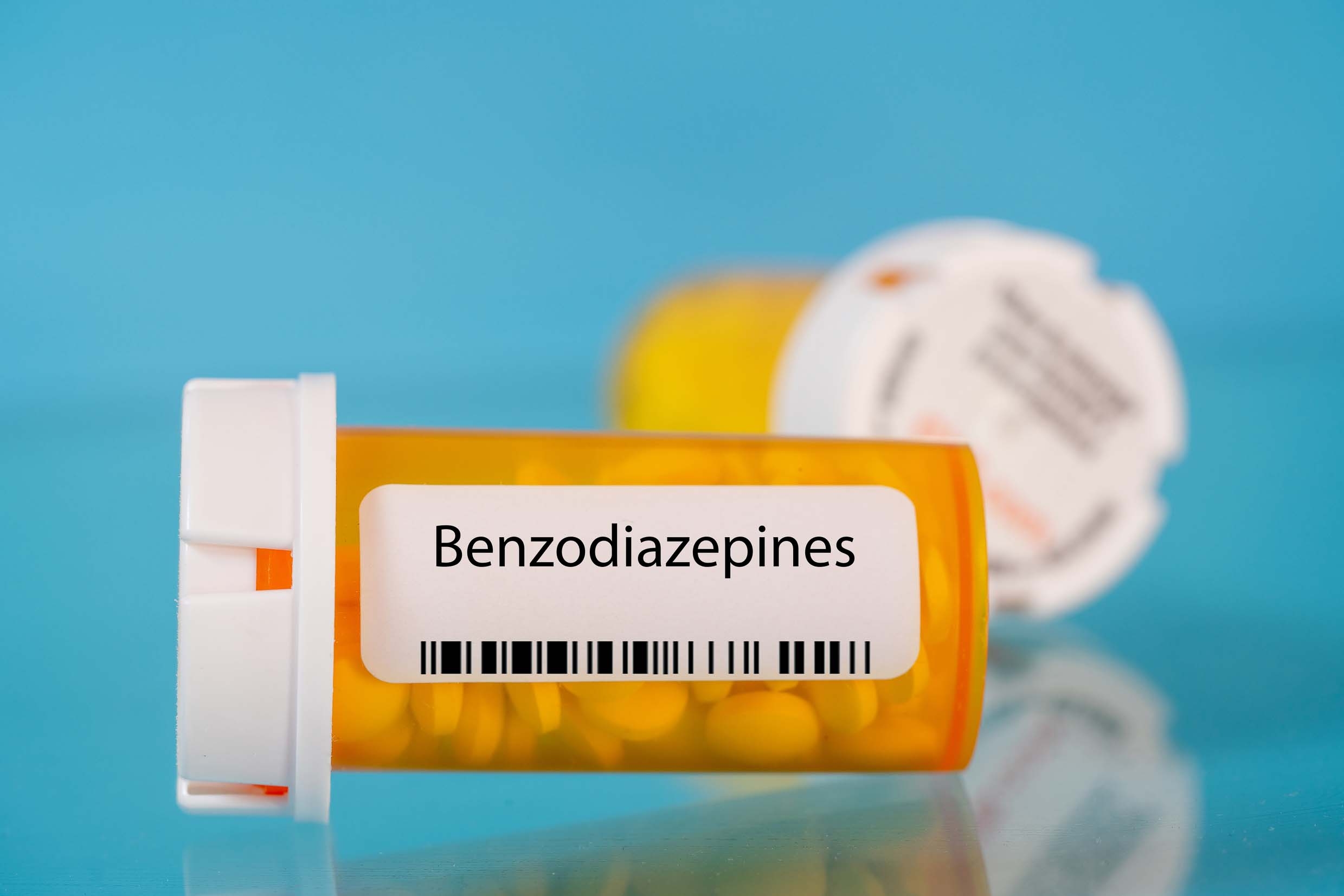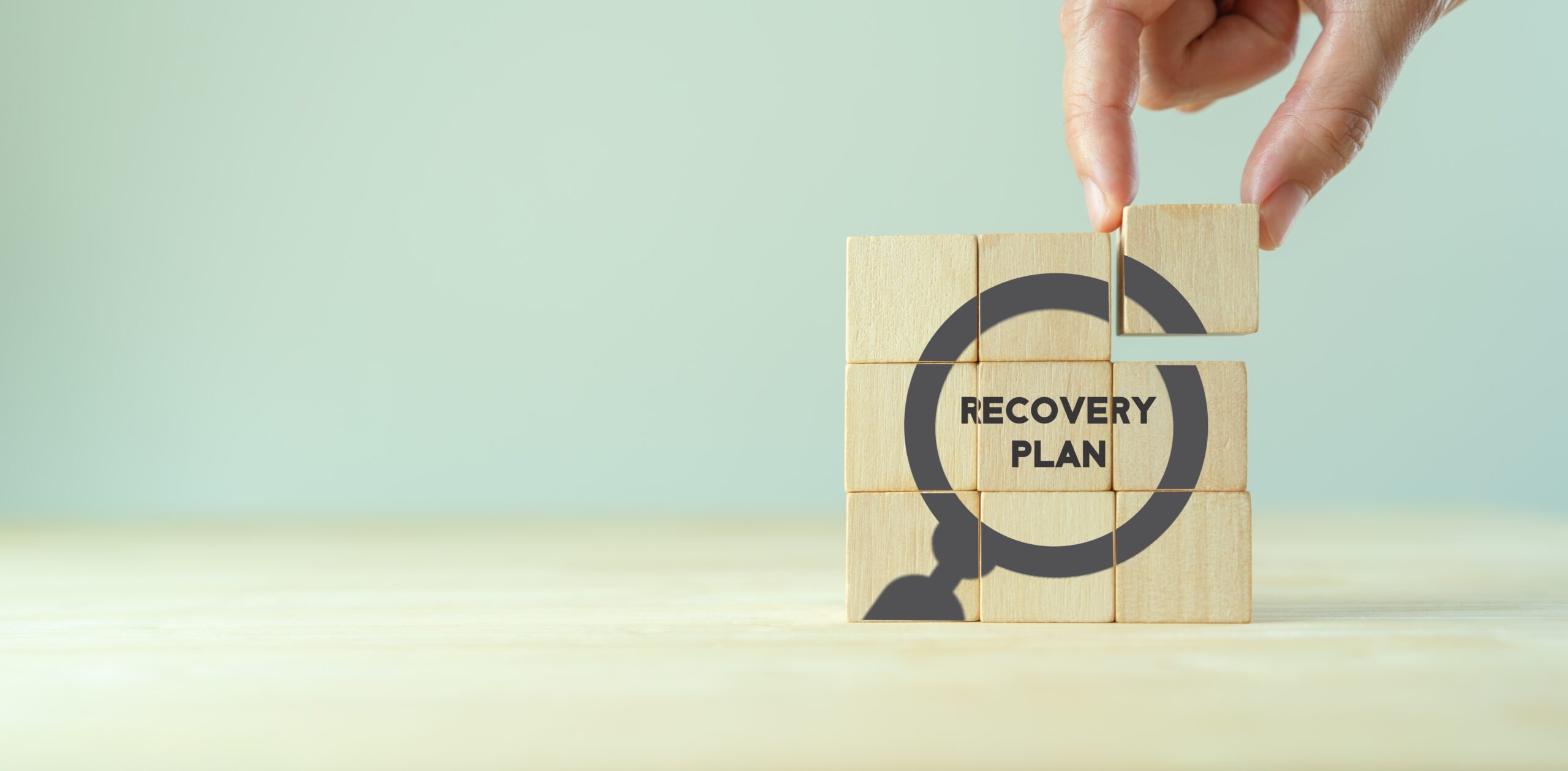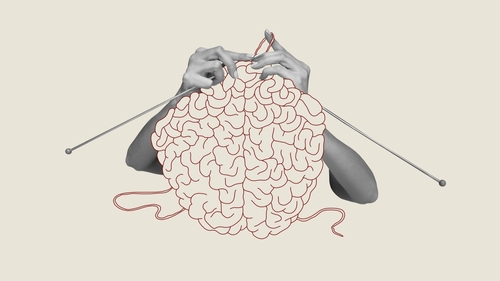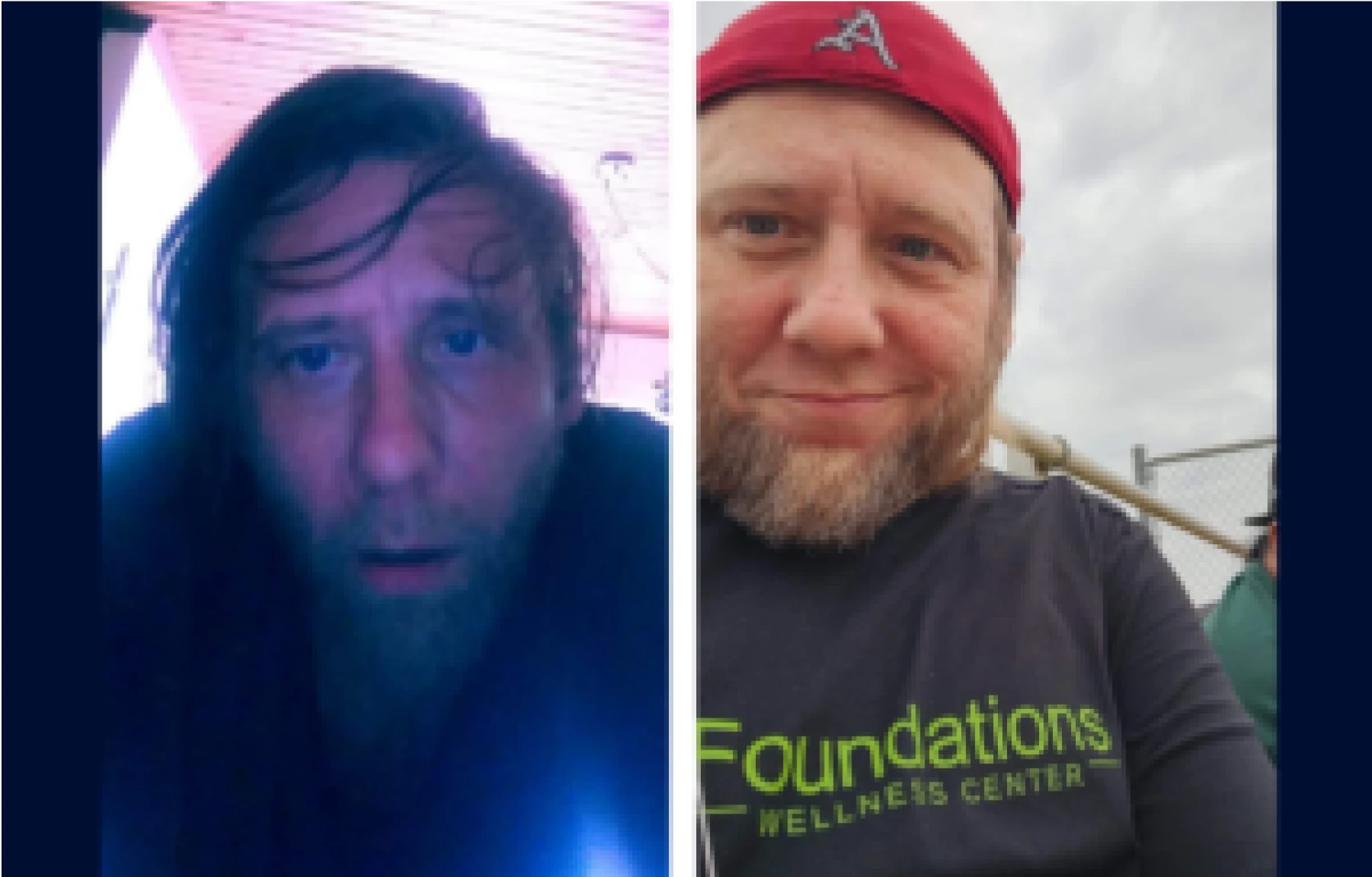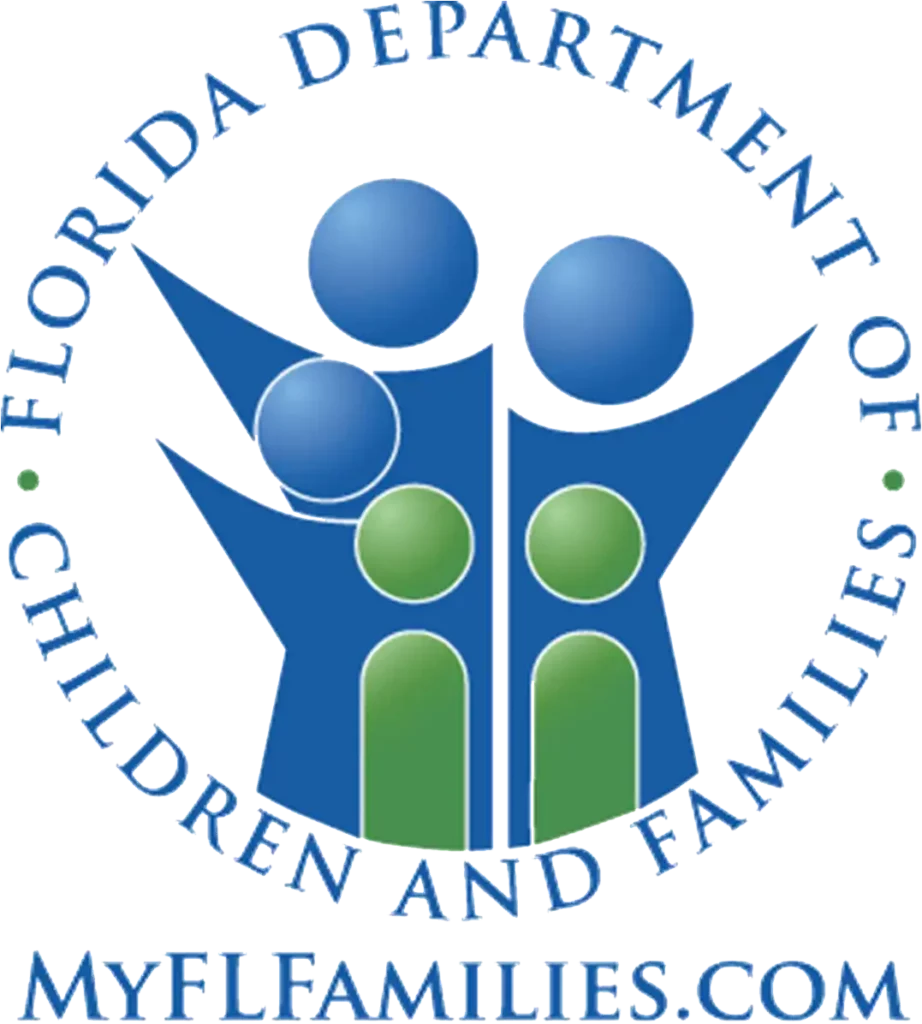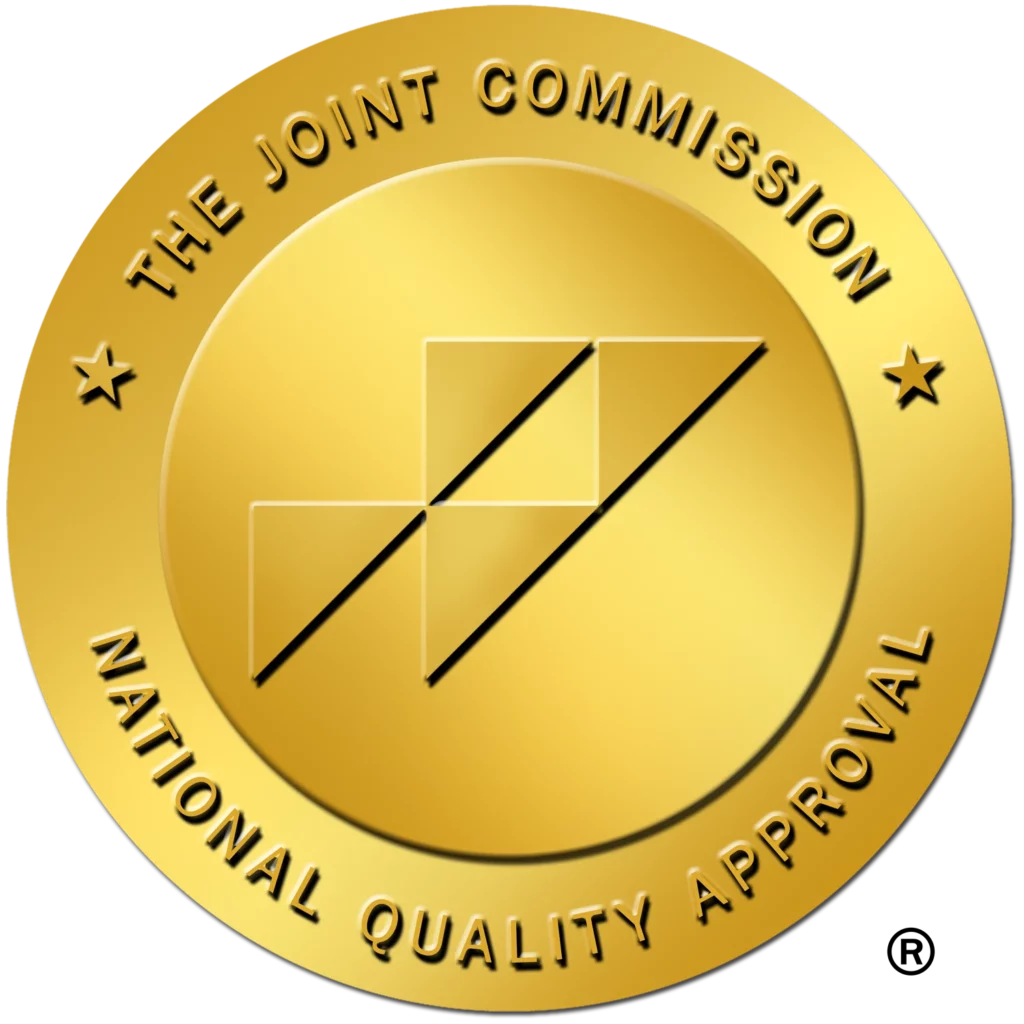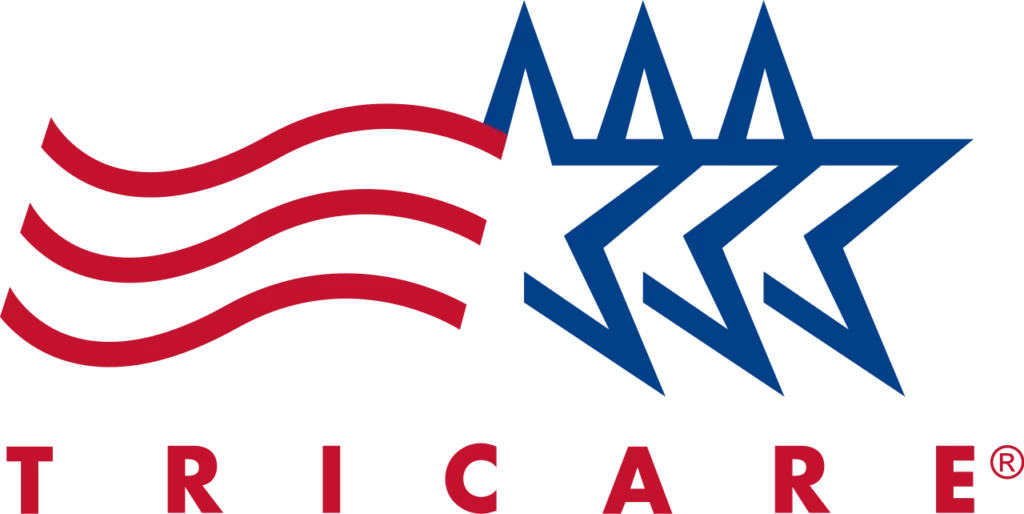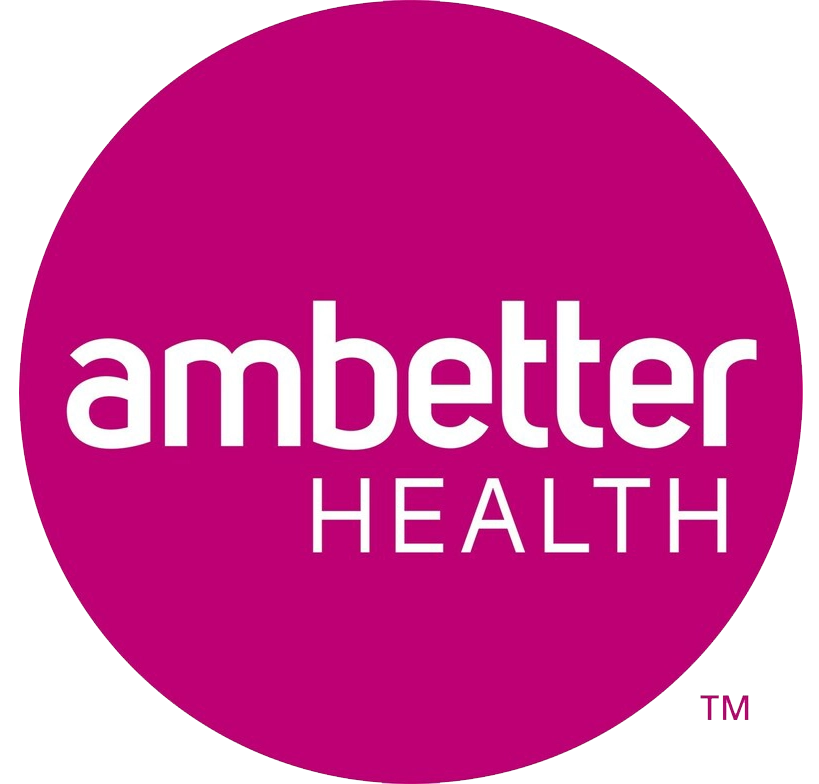A Guide to Understanding Heroin Addiction
This entry was posted in Addiction Recovery and tagged Heroin Addiction, Heroin Addiction Treatment on July 12, 2019 by Justin Baksh, MS, LMHC, MCAP, Chief Clinical Officer.

Many Americans have at least heard of the ongoing opioid crisis in the country, and too many of us have seen the effects of this disturbing trend firsthand. The opioid epidemic has led to dramatic increases in overdoses and opioid-related deaths, pushing drug-related deaths near the top of the list of causes of unnatural deaths in the United States. Over the past few years, the National Safety Council reports that unintentional drug overdoses have overtaken motor vehicle accidents as the leading cause of accidental deaths in the United States.
The ongoing opioid crisis is a multifaceted issue. While prescription opioid painkillers and synthetic opioids such as fentanyl are extremely dangerous, heroin still poses one of the biggest threats to the safety and wellbeing of the American public. If you or a loved one is struggling with heroin addiction, it is essential to know the warning signs of an opioid habit and what to expect when it comes to finding treatment.
Why Is Heroin So Addictive?
Many illicit substances are addictive, but heroin addiction is especially powerful and difficult to overcome for several reasons. Consider a few heroin addiction factsfrom Harvard Health Publishing everyone should know:
- As of 2016, the number of prescription opioid medications sold in the U.S. have more than quadrupled since 1999. Many substance abuse treatment professionals and medical community analysts believe that over-prescription – and failure of prescribing doctors to explain the risk of addiction with these prescriptions – are driving forces behind the opioid epidemic.
- Opioids such as heroin cause intense psychoactive effects as well as deep physical relaxation. Opioids are extremely effective painkillers when used responsibly in a medical capacity, but they have a high chance of causing addiction, even prescribed use. Additionally, many people treat psychological symptoms with medications intended to relieve physical symptoms, spurring a cycle of dependency.
- Centers for Disease Control and Prevention (CDC) reports that heroin, as an unregulated illegal drug, has no quality control behind it. Therefore, many people who use it engage in risky practices that may expose them to infectious diseases. Not only do users have no way to gauge the safety, purity, and presence of unwanted additives in heroin purchased off the street, but they are likely to engage in unsanitary practices to get high, such as sharing needles or reusing injection supplies.
- Prescription opioids are the most common gateway to heroin use. When a person becomes addicted to a prescription and runs out of refills, finding more opioids is difficult and prescription pills can be as expensive as $20 per pill in some areas. By contrast, a dose of heroin may only be $5. This makes heroin an attractive and accessible alternative for someone with an opioid addiction who cannot secure more prescription pills.
- Heroin is a powerful synthetic opioid, and it acts upon the human body’s natural opioid system. Over time, an individual with a heroin addiction will experience dramatic psychological changes due to the body’s dependency on opioids and the impact on the endocrine system.
Heroin is one of the most addictive illicit drugs available due to the way it interacts with the human body. The brain has a system of opioid receptors, allowing the body to react to opioid molecules, but consistent opioid abuse leads to an overload of this system. Because of this, heroin withdrawal without professional help can be difficult.
The Human Opioid System
When a person uses heroin or any other opioid, the substance triggers a flood of dopamine in the brain. This is the “reward” and “pleasure” neurotransmitter that usually appears when an individual satisfies a need or engages in some relaxing or pleasurable activity. The dopamine rush caused by opioids such as heroin is extremely potent, capable of minimizing physical pain and inducing a state of deep relaxation and euphoria that can eclipse psychological distress.
The profound effect of opioids on the human mind and the way the human opioid system function are what makes heroin so addictive. Ultimately, the more exposure your natural opioid system has to synthetic opioids such as heroin, the more it will come to depend on those substances to produce certain feelings. This creates the urgency behind heroin cravings, and, unfortunately, heroin is not a slow-progressing variety of addiction.
How Long Does It Take to Get Addicted to Heroin?
Many people have likely heard stories or warnings about heroin only taking a single dose to be addictive. Is that true? The answer is: It depends.
Everyone has a different biochemical makeup, and some people are more vulnerable to addiction than others for genetic reasons. Others are more susceptible due to co-occurring disorders, such as anxiety and depression or due to past trauma that causes psychological distress.
Yes, heroin is powerful enough to leave a lasting impression after a single dose, but most people who become addicted do not start with heroin. Research on the trends and societal influences behind the opioid epidemic have revealed that most new heroin addiction cases spawn from prescription opioid dependency.
By now, most Americans are well-aware of the danger of heroin. However, once an individual becomes addicted to opioids, heroin becomes a more attractive alternative once prescription pills are no longer an accessible option. The CDC reports that in about 75% of all new heroin addiction cases between 2000 and 2013, users reported having misused a prescription opioid prior to using heroin.
Tolerance and Withdrawal
Why is heroin so addictive? Unlike some other drugs, heroin and other opioids can change the brain’s chemistry. The human mind uses a variety of neurotransmitters, hormones, and electrical signals to control and regulate bodily functions, both conscious and unconscious.
Opioids may be effective painkillers, but, even when used exactly as directed by a prescribing doctor, they can be dangerous because users can quickly develop a tolerance. “Tolerance” refers to the body’s ability to use a substance. As the body becomes accustomed to a particular substance, it will require more of the it for the individual to feel the desired effects. For example, the first time a person uses heroin, it is extremely potent and produces intense effects. The next dose is not quite as strong, and eventually the individual will start taking larger doses to feel the same way.
As tolerance builds, abuse escalates. This is a dangerous cycle for several reasons:
- Tolerance encourages higher doses, which dramatically increase the risk of an overdose. A heroin user may believe a slightly larger dose will be enough, only to discover (too late) that the dose was too strong.
- There is no way to know if the heroin purchased on the street one day is the same quality and purity as heroin purchased on the same street the next day. Because there is no quality control in the drug black market, it is possible for someone to purchase a much stronger dose than expected without realizing it.
- Opioid tolerance leads to more significant withdrawal symptoms. Opioid addiction entails severe withdrawal symptoms that may become life-threatening. People with more advanced heroin dependencies typically experience withdrawal symptoms more acutely, and this often pushes them to simply seek more heroin to fight withdrawal symptoms.
Opioid tolerance progresses rapidly, and opioid withdrawal symptoms can be physically and psychologically painful. It is imperative to know the first signs of heroin addiction and take immediate action.
Common First Signs of Heroin Addiction
If you suspect a friend or loved one has developed a problem, pay close attention to the warning signs of heroin addiction:
- Significant personality changes. Opioids can dramatically change cognitive processing and alter a person’s demeanor and responses to social interactions. Pay close attention to sudden changes in a loved one’s behavior if you suspect heroin abuse.
- Neglecting personal responsibilities. People who suffer from any kind of drug dependency often neglect basic obligations. For example, if they fail to make it to work on time, neglect to pick up kids after school, or seem more forgetful of basic tasks, they may be struggling with dependency.
- Diminished personal health. Opioid addiction can diminish internal organ functions, immune system responses, and the body’s ability to retain muscle mass.
- Heroin intoxication symptoms. These typically include flushed and itchy skin, runny nose, watery eyes, small pupils, an overly relaxed disposition, and an inability to focus.
- Injection scars or “track marks” left behind from heroin injection. Users may attempt to hide their injection sites; if a loved one consistently wears long sleeves on summer days, it may indicate they are trying to hide evidence of use.
These are just a few of the common outward symptoms you may observe, but also pay close attention to secretive behavior. If you notice some of these symptoms, it’s probably wise to familiarize yourself with the common heroin street names.
Common Street Names for Heroin
Some of the most common street names for heroin include:
- Smack
- Horse
- Dragon
- Black Tar
- White
- H or Big H
- Junk
- Snow
This is not an exhaustive list. Users often protect themselves with coded language. If you think a friend or loved one has developed a heroin addiction, know that their attempts to conceal their dependency are a sign that they need help.
Time Is Precious When Seeking Heroin Addiction Treatment
Heroin is unlike most other illicit drugs because of the profound ways it acts upon the body and mind. Heroin addiction treatment is a difficult but necessary step for anyone trying to break free from heroin dependency.
If you or a loved one are struggling with heroin dependency or another opioid addiction, there is hope. Contact the compassionate at team at Foundations Wellness Center to learn the next steps for recovery.
ABOUT THE AUTHOR:
Justin Baksh has nearly a decade of professional experience helping people recover from addiction. His years in the U.S. Marine Corps encouraged his dedication, loyalty, and commitment to helping those in need. His time the Marines was part of the foundation building that lead to his work in substance abuse in Behavioral Health while he worked on his BS in Psychology. Later, he earned his MS in Mental Health Counseling at Nova Southeastern University. He has put his education to use by aiding those who are suffering from substance dependency.
Justin is dedicated to helping his clients overcome their dependency. His holistic approach to recovery has helped many people not only deal with their addiction but also any correlating issues that might have exacerbated it.

